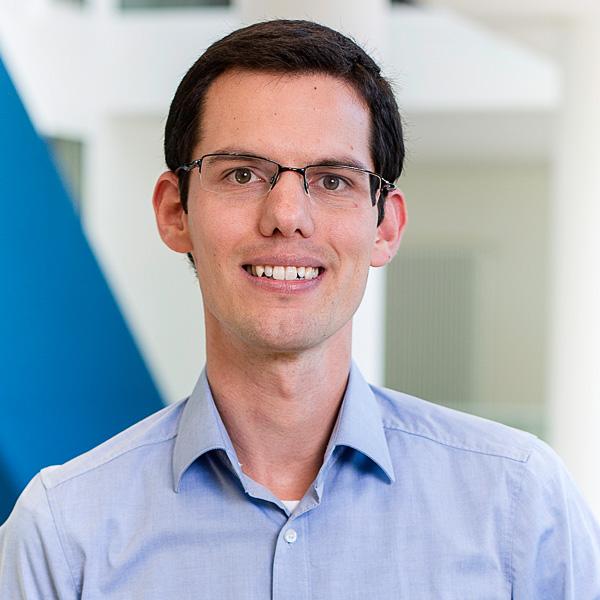

Annual Computer Security Applications Conference (ACSAC)
ACM Conference on Computer and Communications Security (CCS)
Usenix Security Symposium (USENIX-Security)
Cryptographic Hardware and Embedded Systems (CHES)
The Web Conference (WWW)
SISSDEN is an EU H2020-funded project aimed at improving the cybersecurity posture of EU entities and end users through development of situational awareness and sharing of actionable information. It builds on the experience of Shadowserver, a non-profit organization well known in the security community for its efforts in mitigation of botnet and malware propagation, free of charge victim notification services, and close collaboration with LEAs, CERTs, and ISPs. Our role is to explore sensor technologies for cyber crime threats. Project period: May 2016 - Apr 2019.
The overall objective of RAMSES is to design and develop a holistic, intelligent, scalable and modular platform for LEAs to facilitate digital Forensic Investigations. The system will extract, analyse, link and interpret information extracted from Internet related with financially-motivated malware, with a particular focus on ransomware and banking Trojans. We use disruptive Big Data technologies to extract patterns of fraudulent behaviour in enormous amounts of data. Project period: Sep 2016 - Aug 2019.
rossowrossowBanking trojans, phishing and skimming expose online banking users to a wide variety of threats, commonly leading to significant financial losses. This BMBF-funded project explores technical and economical solutions to the risks of online banking. The consortium consists of Avira (a large anti-virus vendor), Fiducia GAD (providing the entire IT backend of "Volksbanken" in Germany), and the two research institutes if(is) and Prof. Matthias Rötting's research group at TU Berlin. Project period: autumn 2014 to autumn 2017.
Anonymous communication is essential to protect the privacy of users online. Several semi-decentralized (like Tor, which uses a central directory) and fully decentralized (like I2P) anonymous communication networks have reached an unprecedented degree of maturity and popularity and are used daily by millions of users worldwide. This DFG-funded project aims at devising techniques to make anonymous communication networks censorship-resistant. The project is part of the "Sonderforschungsbereich 1223". Project period: Jan 2016 to Dec 2020.